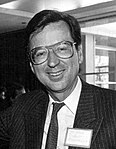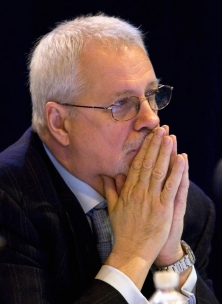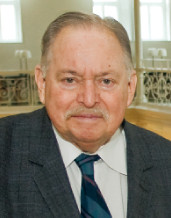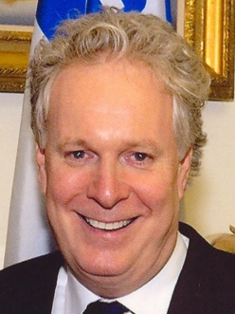| ||||||||||||||||||||||||||||||||||
122 seats in the 33rd National Assembly of Quebec 62 seats were needed for a majority | ||||||||||||||||||||||||||||||||||
| Turnout | 75.69% | |||||||||||||||||||||||||||||||||
| ||||||||||||||||||||||||||||||||||
| ||||||||||||||||||||||||||||||||||
The Quebec general election of 1985 was held on December 2, 1985, to elect members of the National Assembly of the Province of Quebec, Canada. The Quebec Liberal Party, led by former premier Robert Bourassa, defeated the incumbent Parti Québécois, led by Premier Pierre-Marc Johnson.

The National Assembly of Quebec is the legislative body of the province of Quebec in Canada. Legislators are called MNAs. The Queen in Right of Quebec, represented by the Lieutenant Governor of Quebec and the National Assembly compose the Legislature of Quebec, which operates in a fashion similar to those of other Westminster-style parliamentary systems.
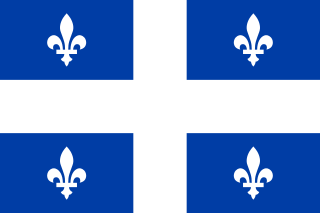
Quebec is one of the thirteen provinces and territories of Canada. It is bordered to the west by the province of Ontario and the bodies of water James Bay and Hudson Bay; to the north by Hudson Strait and Ungava Bay; to the east by the Gulf of Saint Lawrence and the province of Newfoundland and Labrador; and to the south by the province of New Brunswick and the U.S. states of Maine, New Hampshire, Vermont, and New York. It also shares maritime borders with Nunavut, Prince Edward Island, and Nova Scotia. Quebec is Canada's largest province by area and its second-largest administrative division; only the territory of Nunavut is larger. It is historically and politically considered to be part of Central Canada.

The Quebec Liberal Party is a federalist provincial political party in Quebec, Canada. It has been independent of the federal Liberal Party of Canada since 1955.
Contents
This election marked the comeback of Robert Bourassa, whose political career had been thought to be over after losing the 1976 general election and resigning as Liberal leader. However, Bourassa personally failed to win his own seat in the Bertrand electoral district, and had to run in a by-election one month later in the safe Saint-Laurent electoral district. The 1985 Quebec general election result produced by far the largest majority of any Canadian legislative election (both in terms of the number of seats and percentage of seats) by a winning party whose leader failed to win his own seat.
Johnson, son of former Union Nationale premier Daniel Johnson Sr. was unable to revive the PQ's fortune after he succeeded René Lévesque as party leader and premier. Pierre-Marc's brother, Daniel Johnson Jr., later became leader of the Liberal Party and briefly served as premier.

The Union Nationale was a conservative and nationalist provincial political party in Quebec, Canada, that identified with Québécois autonomism. It was created during the Great Depression and held power in Quebec from 1936 to 1939, and from 1944 to 1960 and from 1966 to 1970. The party was founded by Maurice Duplessis, who led it until his death in 1959.
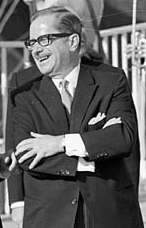
Francis Daniel Johnson Sr.,, was a Quebec politician and the 20th Premier of Quebec from 1966 until his death in 1968.

René Lévesque was a reporter, a minister of the government of Quebec (1960–1966), the founder of the Parti Québécois political party and the 23rd Premier of Quebec. He was the first Quebec political leader since Confederation to attempt, through a referendum, to negotiate the political independence of Quebec.
This election was the last contested by the Union Nationale. It only ran candidates in 19 ridings, none of whom came close to being elected. The party would be wound up by election authorities in 1989.
